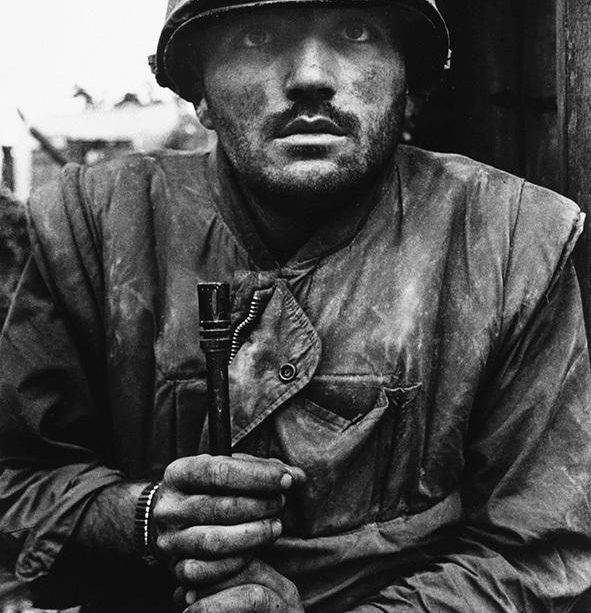The Life and Legacy of Don McCullin

Introduction
Don McCullin, born in 1935, is a celebrated British photographer whose work has left an indelible mark on the field of photojournalism. Renowned for his haunting images captured in war-torn regions, McCullin’s career spans over six decades and encapsulates profound historical moments. His contributions have sparked discussions about the ethical dimensions of war photography, making him a pivotal figure in discussions around its relevance today.
Early Life and Career
Born in London, McCullin initially trained as a photographer while working at a local newspaper. His big break came when he was sent to cover the Cyprus conflict in the 1950s, where his powerful images gained immediate acclaim. Subsequently, he went on to document major conflicts such as the Vietnam War and the Biafran War, often placing himself in perilous situations to capture the raw realities of war.
Impactful Work and Awards
McCullin’s work is characterised by its stark realism and compassionate portrayal of suffering. His 1968 photograph of a shell-shocked soldier in Vietnam has become one of the most iconic images of war photography. Throughout his career, he has received numerous accolades, including the Royal Photographic Society’s Centenary Medal in 2011 and the Freedom of the City of London in 2021. His instilled sense of ethics in reporting led to vital conversations about the responsibilities that come with documenting human suffering.
Recent Developments
In recent years, McCullin has shifted focus to landscapes, often reflecting on the peace that contrasts sharply with his earlier work in war zones. His latest exhibitions have explored these themes, revealing the emotional and psychological transitions in his perspective as an artist. In 2023, a retrospective of his work was held at the Museum of London, featuring over 100 of his photographs and allowing a new generation to engage with his legacy.
Conclusion
Don McCullin’s photography has transcended mere documentation, serving as powerful commentary on the human condition in times of conflict. As discussions around the ethics of war photography continue, McCullin’s works remind us of the importance of compassion, truth, and the impact of visual storytelling. Looking ahead, it is expected that his influence will continue to inspire new generations of photographers and photojournalists, reaffirming the role of images in shaping public consciousness about global issues.








